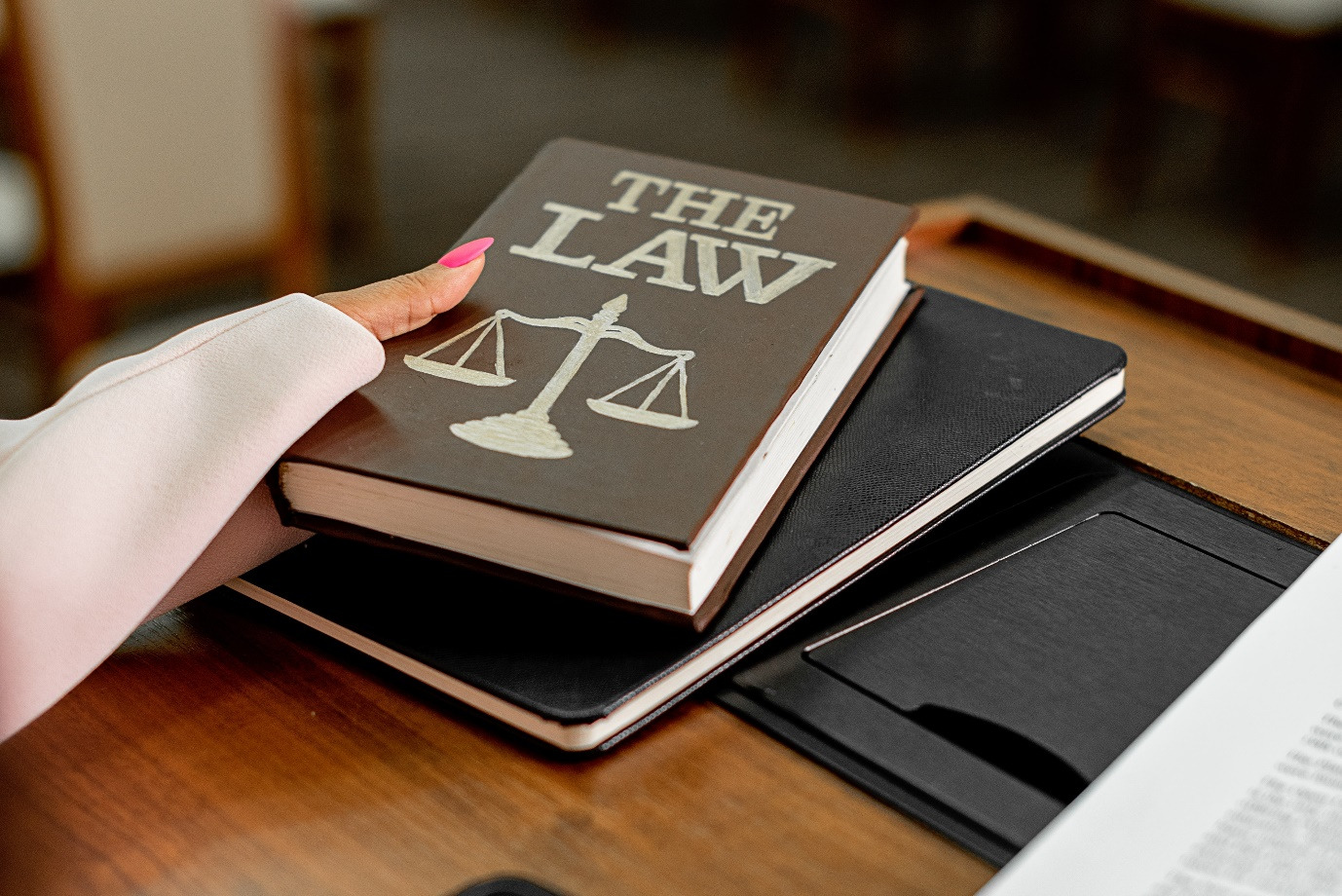Child custody arrangements are an integral part of family law, designed to ensure children’s well-being and best interests following a divorce or separation. However, life circumstances can change, so child custody arrangements may need to evolve accordingly.
This blog post will explore the important aspects of changing child custody, discussing when and how it can be done. Understanding the process is essential whether you are seeking guidance as a parent or considering modifications in child custody arrangements. Our expert family law attorneys in Houston play a crucial role in helping parents navigate these changes smoothly.
When Can Child Custody Be Changed?
Child custody arrangements are designed to provide stability and consistency for children. Courts typically prefer to maintain the existing arrangement unless a significant change in circumstances warrants a modification. Some common situations where custody changes may be considered include:
Relocation
If one parent plans to move significantly away, it may impact the current child custody arrangement. The court will assess how the move might affect the child’s access to both parents.
Change in Parental Fitness
If one parent’s fitness as a caregiver deteriorates due to substance abuse or neglect, the other parent may seek a custody modification.
Child’s Preferences
As children grow older, their preferences may change. Courts may consider a child’s wishes regarding custody, especially if they are mature enough to express their preferences.
Violations of Existing Orders
If one parent consistently violates the current custody order, it may be grounds for modification.
Safety Concerns
If a child’s safety is at risk in one parent’s care, the court may intervene and modify the custody arrangement to protect the child.
How to Make Modifications in Child Custody Agreements
Any modification in child custody agreements involves a legal process that should be handled with care and expertise. Here’s a general overview of the steps involved:
Consult with an Attorney
If you believe a change in custody is necessary, it’s crucial to consult with a child custody attorney. They can assess your case, advise you on the best action, and help you navigate the legal process.
File a Motion for Modification
To initiate a custody modification, your attorney will file a motion outlining the reasons for the proposed change and presenting evidence to support your case.
Provide Proof of Significant Change
Courts require proof of a significant change in circumstances to consider modifying child custody. This could include medical records, school reports, witness testimonies, or other relevant evidence.
Mediation
In many cases, mediation may be required before going to court. Custody lawyers can represent your interests during mediation sessions and help negotiate an agreement that works for both parties.
Court Hearing
A court hearing will be scheduled if an agreement cannot be reached through mediation. Both parents will present their cases, and the judge will decide based on the evidence and the child’s best interests.
The Child’s Best Interests
In any child custody matter, the court’s primary concern is the child’s best interests. Judges consider various factors to determine the most suitable arrangement for the child’s well-being. These factors can include:
Each Parent’s Ability to Provide a Stable Environment
The court assesses each parent’s ability to provide the child with a safe and nurturing environment.
The Child’s Relationship with Each Parent
Maintaining a strong and healthy relationship with both parents is often considered in the child’s best interests.
The Child’s Age and Preferences
Older children may have their preferences considered, but the court will also consider whether these preferences align with their best interests.
Adjustment to School and Community
The court may consider how changing custody would affect the child’s school, community ties, and overall stability.
Each Parent’s Mental and Physical Health
Each parent’s mental and physical health can impact their ability to care for the child.
History of Domestic Violence or Abuse
Any history of domestic violence or abuse is critical in custody determinations. The court will prioritize the child’s safety above all else.
Consulting with Houston’s Family Law Attorney
Navigating child custody matters and seeking modifications is complex and emotionally charged. Working with a knowledgeable family law attorney in Houston is essential to ensure the best outcome for you and your child. Here are some ways they can assist you:
Legal Expertise
Family law attorneys are well-versed in the intricacies of child custody laws in Houston and can provide expert guidance on your case.
Objective Assessment
They can objectively assess your situation and help you understand your chances of successfully modifying the custody arrangement.
Documentation and Evidence
Attorneys can help you gather and present the necessary documentation and evidence to support your case.
Negotiation Skills
If mediation is required, your attorney can negotiate to reach a mutually acceptable agreement with the other parent.
Court Representation
In court, your attorney will represent your interests and present your case effectively, striving for a favorable outcome.
Understand Child Custody Modifications with the Experts in Family Law
Changing child custody is a significant decision that should be made with the child’s best interests in mind. Consulting with a qualified family law attorney in Houston is crucial if you find yourself in a situation where you believe you need to modify child custody agreements.
Our expert child custody lawyers in Houston can provide the legal expertise, guidance, and representation you need to navigate the complex process of modifying child custody arrangements. Ultimately, the goal is to ensure the child’s well-being and provide them with a stable and loving environment, even in the face of changing life circumstances.
To learn more, please get in touch with Daniel Ogbeide Law today! We can provide expert guidance on navigating complex child custody issues.
Disclaimer: This article is only intended for educational purposes and shouldn’t be used as a substitute for legal advice.




